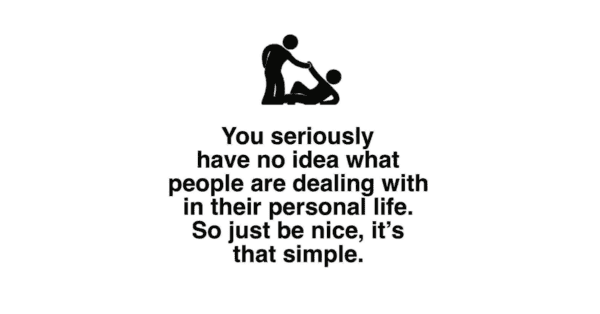We can all remember a time when a wise grandparent, relative or respected community elder cautiously shared a variation on the theme “If you don’t have anything nice to say, don’t say anything at all.” That same bit of wisdom can serve us all – children, young people and adults alike – in the digital space. As we expand from online gaming chats, social networks and virtual concerts to a full-fledged metaverse of online exchanges, kindness is an essential part of being responsible online just as it is essential offline.
Constructive criticism and well-meaning comments can be heartfelt and sincere, but the difference in the digital space is that we can’t judge someone’s facial expression or mood when they write the comment. And when we add ‘unkind’ comments into the equation, it is even more difficult for children and young people to know how to respond.
What can parents and carers do to help children and young people express kindness in online communities?
Remind your child or young person about the online disinhibition effect. Just because you think you are anonymous online, does not mean that you should say anything that pops into your head.
Remember that behind every avatar, chat name or email, there is a real person who may be having a bad day. And whether they say something unkind to you or they are the recipient of your unkind comment, being unkind online can cause harm in the real world.
Find your teaching moments in articles, television shows, movies, books or any other shared experience with your young person and remind them of that other respected saying from a wise elder: “Treat others as you want to be treated” online as well as offline.



